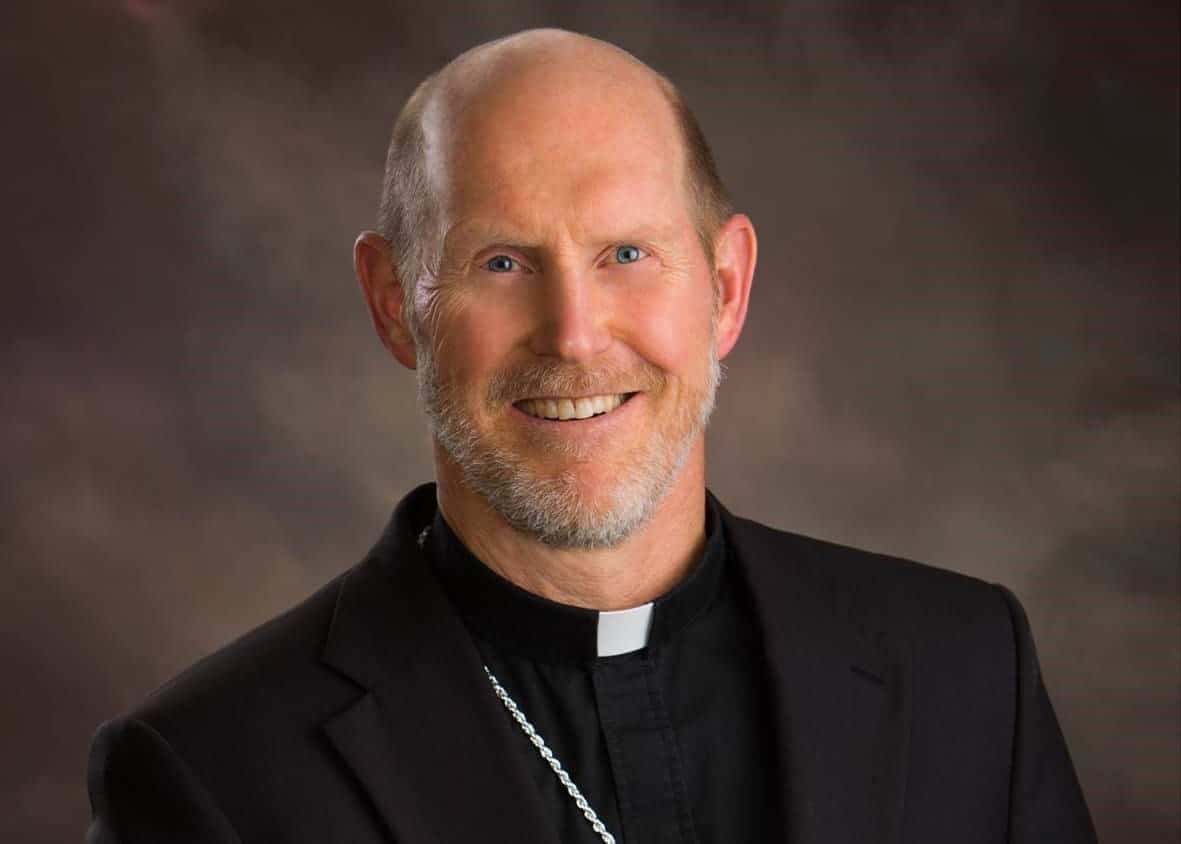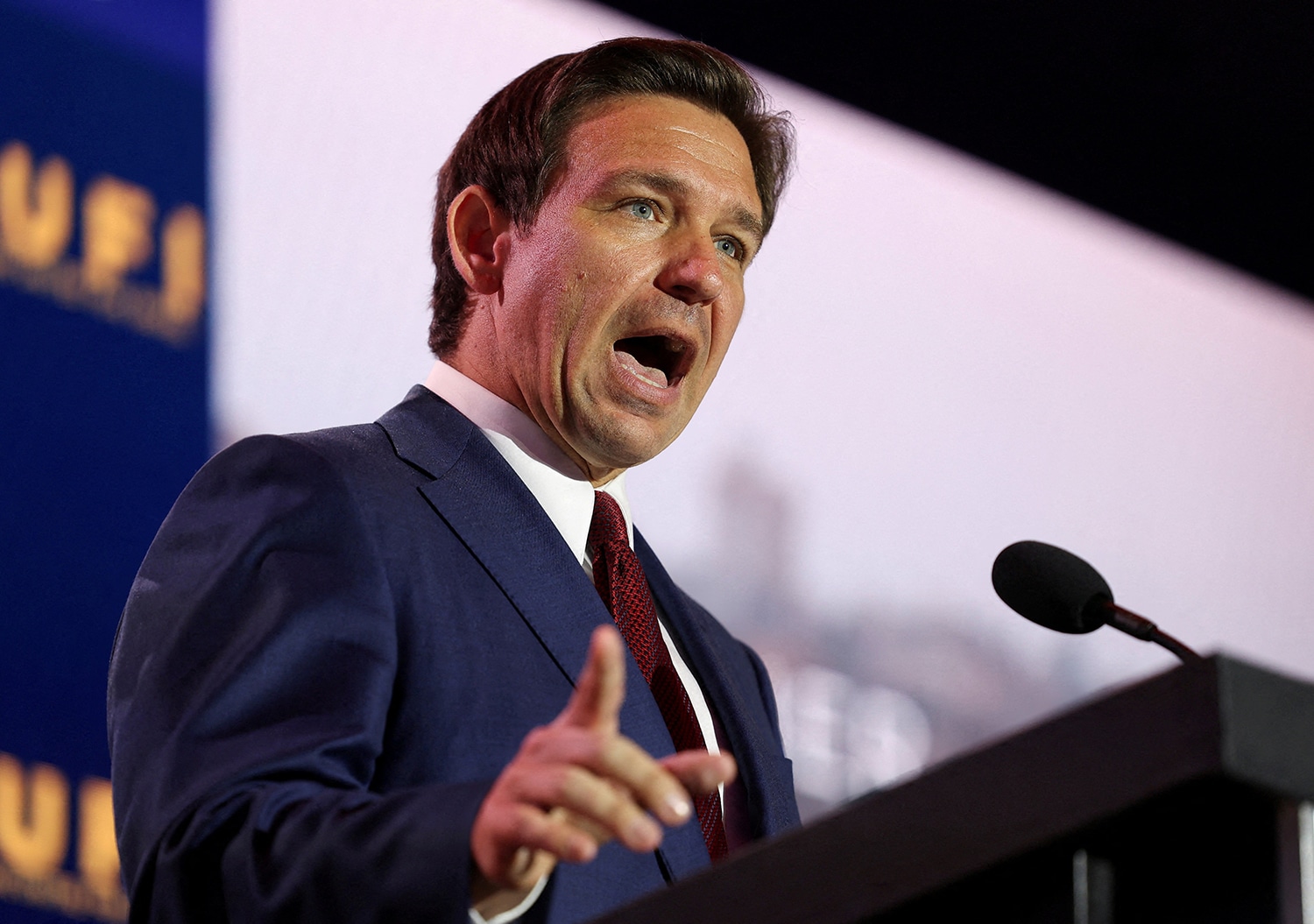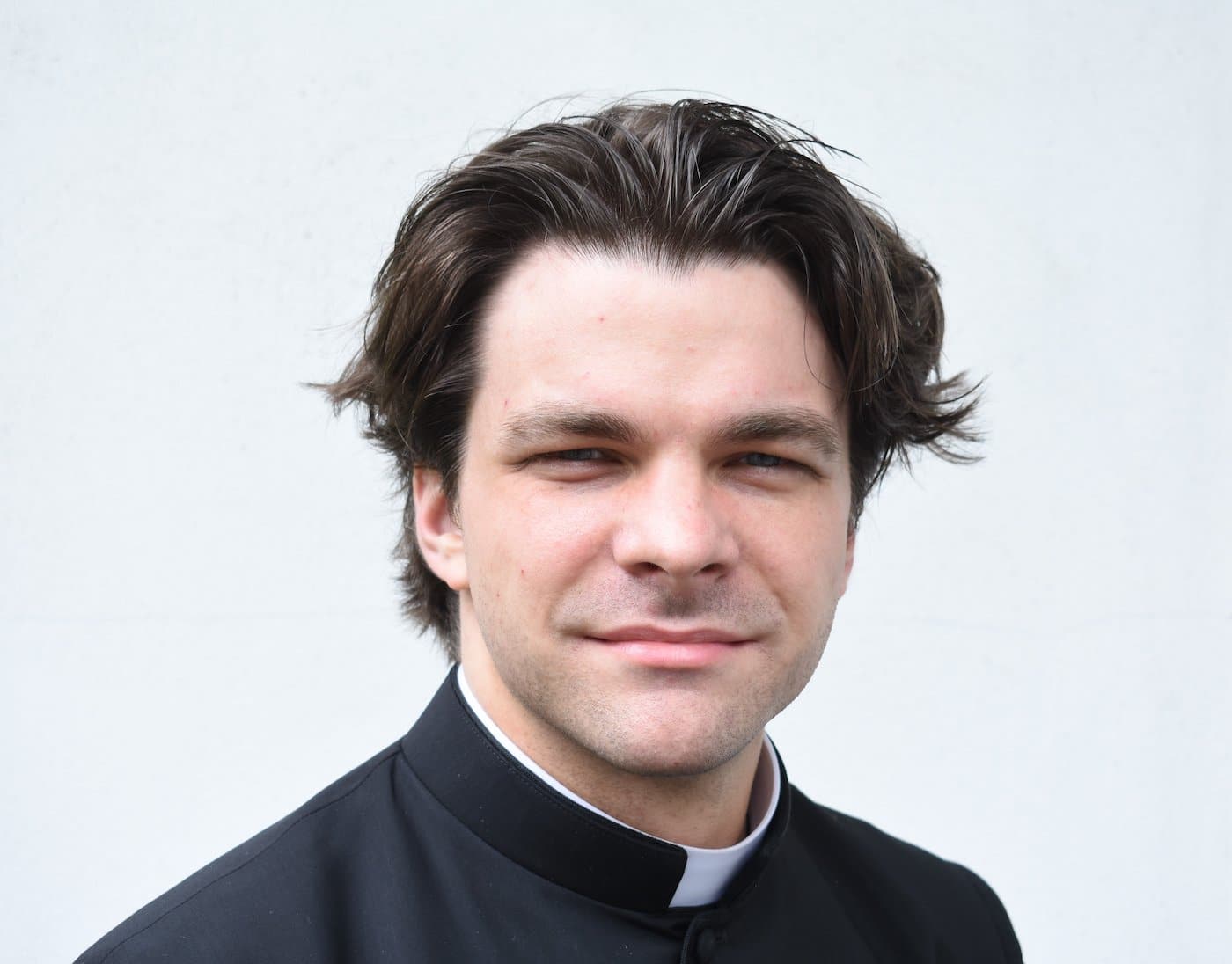WASHINGTON (OSV News) — Pope Francis has appointed Bishop Thomas R. Zinkula of Davenport, Iowa, as the next Archbishop of Dubuque, Iowa. Archbishop-designate Zinkula’s installation Mass is scheduled for Oct. 18.
The appointment was announced in Washington July 26 by Cardinal-designate Christophe Pierre, apostolic nuncio to the U.S.
Archbishop-designate Zinkula was installed as the ninth bishop of Davenport on June 22, 2017. Two months later, following a number of high-profile incidents of racism — including the violent “Unite the Right” rally in Charlottesville, Virginia — he issued a letter calling for “prayer, learning and action” to end racism.
He joined with the bishops of Iowa in opposing the reinstatement of the death penalty, the application of which was “deeply flawed,” said the Iowa Catholic Conference in a February 2018 letter.
Your will be done
Born in 1957, Archbishop-designate Zinkula earned a bachelor’s in mathematics, economics and business at Iowa’s Cornell College and a law degree from the University of Iowa.
Then he attended Theological College (the seminary of The Catholic University of America) in Washington and earned a master’s in theology from Catholic University in 1990. He was ordained to the priesthood May 26, 1990, by then Bishop (later Archbishop) Daniel W. Kucera at St. Raphael Cathedral in Dubuque. He earned a licentiate of canon law in 1998 from St. Paul University in Ottawa, Canada.
While serving at various parishes in the Davenport Diocese, including as a pastor, then-Father Zinkula also worked in the metropolitan tribunal, served as judicial vicar from 2000-2010, and as episcopal vicar from 2012-2014. From 2014 until his ordination as Davenport’s bishop in 2017, he was rector of St. Pius X Seminary in Dubuque.
Archbishop-designate Zinkula’s episcopal motto is “Fiat Voluntas Tua” (“Your will be done”), taken from the Lord’s Prayer. His coat of arms includes symbols representing the Mississippi River, which borders both his home Archdiocese of Dubuque and the Diocese of Davenport; a pan balance, which represents justice and mercy, as well as his experience in civil and canon law; and an ear of corn, honoring his family’s livelihood as farmers.







